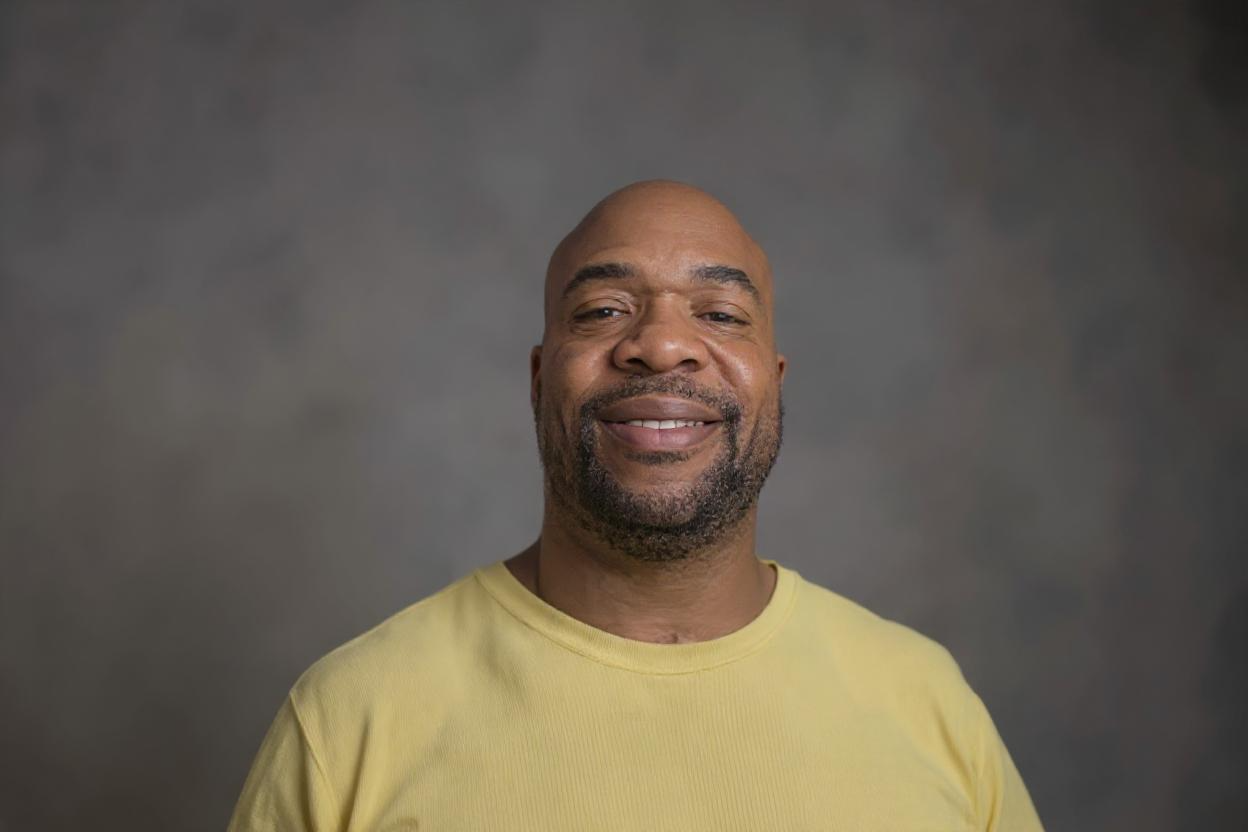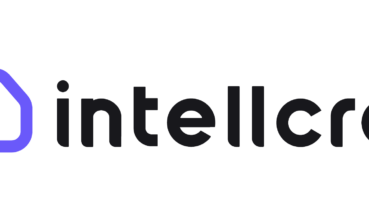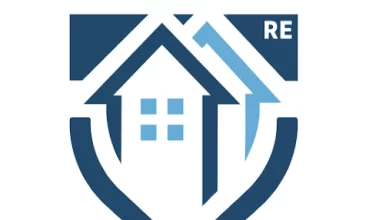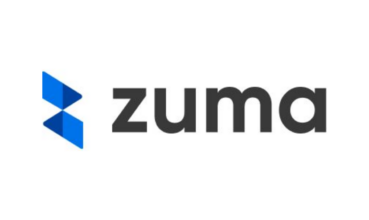After executing more than 50 deals over his 20-year career in mergers and acquisitions, Jan Tomaszewski was frustrated by an industry truth that most professionals accept as inevitable: comp...
Kevin Ra Disrupts the Distressed Real Estate Market




“$2 billion isn’t enough to stop me from running you over. Wells Fargo and Bank of America… I’ve been up against trillion-dollar companies. A $2 billion company really stands no chance against me,” declares Kevin Ra, CEO and Co-Founder of CloseAbility Data Solutions, a company redefining how investors approach distressed real estate.
Ra isn’t making empty threats. With a real estate investing career that began in 1999 and a track record of successful litigation against major financial institutions, he’s built a reputation as someone who doesn’t back down from a fight.
The Journey from Investor to Innovator
Ra’s path to disruption began with what he calls “a deal with the devil” in 2015. “I met someone through an acquaintance of mine who was a judge, but she was a judge in a very small city, so she still ran a private legal practice,” Ra explains. “I made a deal with her that if she taught me how to litigate, then I would teach her how to expand her private practice into real estate matters.”
That partnership proved fruitful. Not only did they win cases against major institutions like Chase Bank and various developers, but the judge became one of Ra’s closest allies, handling his custody case during his divorce and later becoming one of the three angel investors in CloseAbility.
This legal expertise became the foundation for Ra’s approach to distressed real estate. Unlike many in the space who focus solely on acquisition strategies, Ra understood that navigating the complex legal landscape was often the key to successfully closing deals that others couldn’t.
Reinventing the Title Plant for Distressed Properties
The traditional title plant system works well for standard real estate transactions but falls short when dealing with distressed properties. Ra recognized this gap and created the Parcel Revenue platform, which he describes as “AWS for distressed real estate.”
“The traditional title plant, let’s say my mom dies, and you look at the records, it’s going to have my mom’s name as the owner,” Ra explains. “But on our Parcel Revenue platform, you pull up that same property, and it’s going to show that my mom is dead, and it’s going to show you that my brother and I are her heirs. Then it’s going to show you where me and my brother live, and if it’s a dollar state, it’s going to show you whether me and my brother are married.”
This enhanced data is crucial because, as Ra points out, “How are you going to start a workflow on a distressed property if you don’t even know who the owner is?”
Another critical innovation is tracking adverse interests: parties who might object to or complicate a transaction. While standard title searches don’t reveal these potential roadblocks, CloseAbility’s platform identifies them upfront, allowing investors to assess the true complexity of a deal before committing resources.
The Secret to Scaling in Distressed Real Estate
Ra is direct about what it takes to scale in the distressed property space: “The main thing is understanding the ideal customer profile and the ideal transaction.”
He illustrates this with a probate example: “I can target people that haven’t filed probate yet, because I can compare obituaries to property records on CloseAbility. So you target the people that are in probate, which everybody can see. I can target the people in pre-probate, which only I can see.”
But identifying opportunities is just the beginning. Ra emphasizes the importance of transaction selection: “Let’s say a lady takes out a loan six months before she dies, and now you’ve got to do a short sale and a probate. So you’ve got one deal that’s a short sale and a probate with a local credit union that actually cares, then you’ve got another deal that’s a short sale and a probate with Wells Fargo. Those deals are not equal.”
This nuanced understanding of which deals are worth pursuing is what separates successful investors from those who fill their pipeline with transactions that will never close or aren’t worth the effort.
The Licensing Reality Check
Ra also challenges a common misconception in the investment community: “This idea that you can scale without having a real estate license—no freaking way.”
He explains that many distressed properties, particularly FHA and VA short sales, require listing the property and presenting the highest and best offer to the servicer. “If you don’t do that, they’re going to make you sign an affidavit at closing. If you don’t do that, you can go to jail, you can get fined, you can lose your license.”
Ra’s success came partly because he had licensed professionals in his family: “The reason I was able to do it is because my wife and my sister-in-law were realtors, so I had a license available.”
This reality is reflected in recent regulatory trends. “That’s why all the states are cracking down on unlicensed investors,” Ra notes. As a licensed lobbyist, he’s even been consulted by states developing new regulations. He predicts that Illinois’ approach, requiring wholesalers to have real estate licenses and allowing unlicensed individuals to do only a limited number of transactions per year, will become the national model.
The need for regulation is clear to Ra, despite his conservative political leanings: “Investors passed Realtors a couple years ago, we got to 51% market share of all the off-market deals. The distressed market is like $8 trillion. You can’t have unlicensed, unregulated people controlling $4 trillion of the economy.”
CloseAbility: 300 Workflows to Close Any Deal
At the heart of Ra’s business is CloseAbility, a platform designed to give investors the tools they need to close complex deals. Ra uses a baseball analogy to explain its value:
“A good friend of mine, Charles Smith, was a major league pitcher for the Florida Marlins. I asked him, ‘Why would a major league team give a pitcher $30 million rather than spend half of that money and develop a prospect?’ He said, ‘A good pitcher has two pitches nobody can hit. Problem is, there’s three strikes. A great pitcher has three pitches nobody can hit. A Hall of Fame pitcher has four pitches nobody can hit, and there’s only three strikes.'”
CloseAbility, Ra explains, gives investors 300 different “pitches” or workflows to close deals: “Most investors know like three, four, or five workflows. They know how to do a short sale, they might know how to get a probate deal done. It’s like you’re trying to strike out major league hitters, but you only have one or two good pitches.”
The platform not only provides these workflows but also recognizes which one to use based on the documents uploaded: “Just because you upload a purchase agreement or a listing agreement, CloseAbility will tell you which pitch to throw.”
What sets CloseAbility apart, according to Ra, is that these workflows aren’t theoretical—they’re proven: “Every one of those workflows, I can show you a deed where I ran this workflow, I closed the deal, the title insurance industry insured it, and the person I sold it to who then rehabbed it was able to resell it later.”
The proof is in the results: “Zero paid title insurance claims in 3,500 transactions,” Ra states proudly.
The Future of Distressed Real Estate
As Ra prepares his lawsuit against the industry’s only unicorn, he’s positioning CloseAbility as the platform that will democratize access to the distressed real estate market. By combining deep legal expertise, comprehensive data, and proven workflows, he’s created a system that allows investors to navigate the complexities that have traditionally kept many out of this lucrative space.
“We’re disrupting this industry,” Ra declares. “And the disruption is we actually closed some deals before we started building stuff.”
In an industry filled with theorists and social media experts, Ra’s practical experience and battle-tested approach offer a substantive alternative. Whether his lawsuit succeeds or not, his innovations are already changing how savvy investors approach distressed properties, focusing not just on finding deals, but on closing them successfully.
For those looking to scale in the distressed real estate market, Ra’s message is clear: understand which deals are worth pursuing, get properly licensed, and arm yourself with proven workflows that can handle any situation.
Similar Articles
Explore similar articles from Our Team of Experts.


The commercial real estate (CRE) industry is making significant advancements in the analysis and valuation of properties, as market pressures compel professionals to reevaluate long-standing...


In an industry where 30,000 professionals fell victim to violent crimes last year alone, one startup founder is leveraging her military background to transform real estate safety. Vanessa Ma...


Bedrock Energy's Joselyn Lai on Making Geothermal Heat Financially Viable for Commercial Real Estate
“Sustainability is not a scalable approach if it’s just about thoughts and feelings and the idea of being green,” says Joselyn Lai, Co-Founder and CEO of Bedrock Energy. &#...


When the COVID-19 pandemic hit in early 2020, Shiv Gettu and his co-founder Kendrick Bradley watched their thriving short-term rental business collapse virtually overnight. Within five days,...




